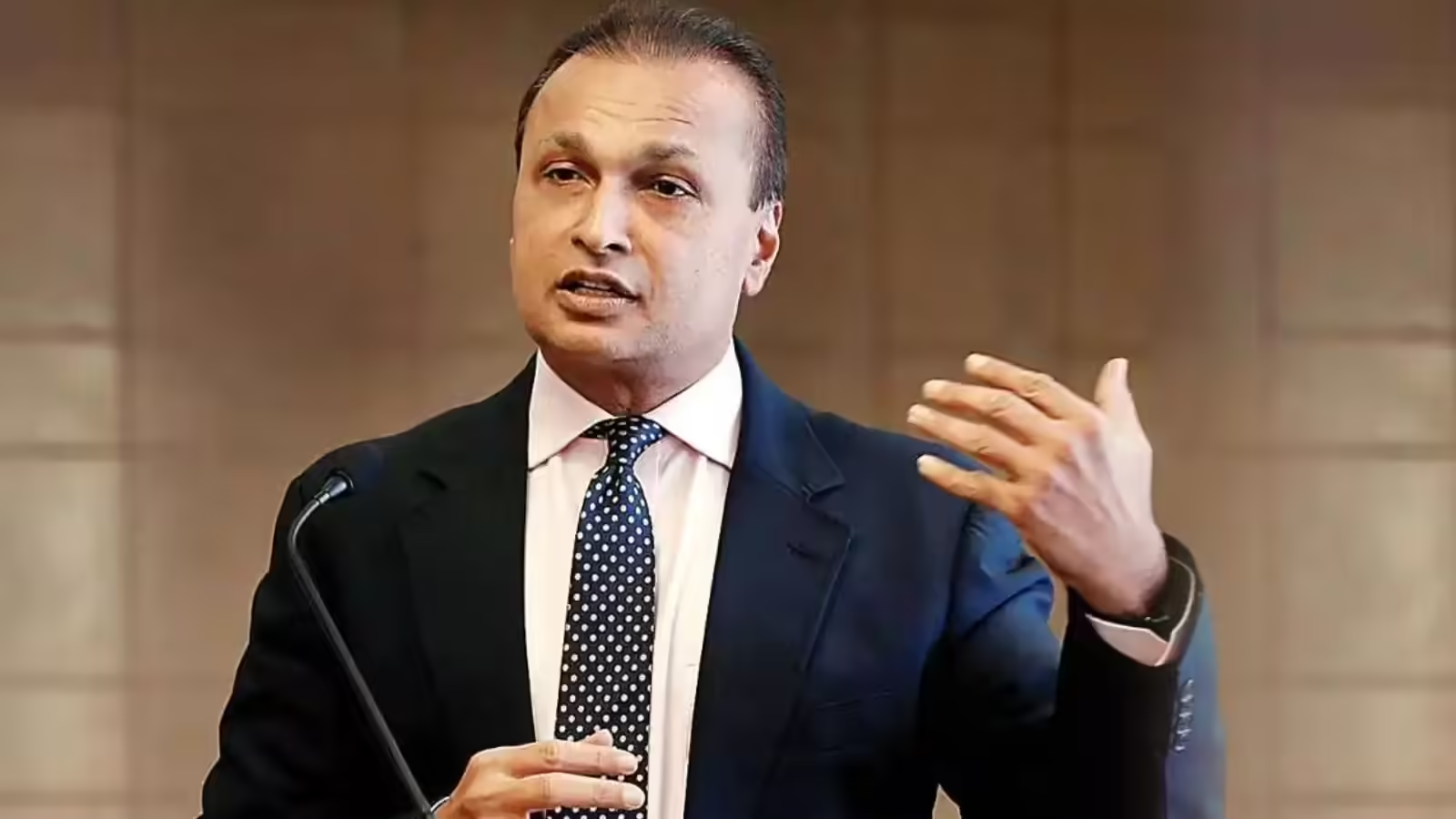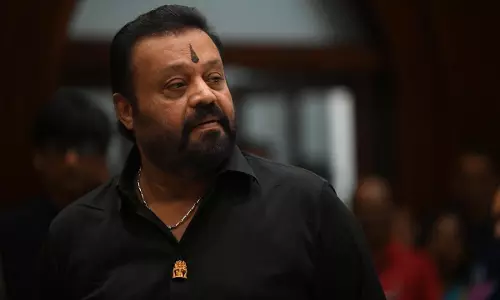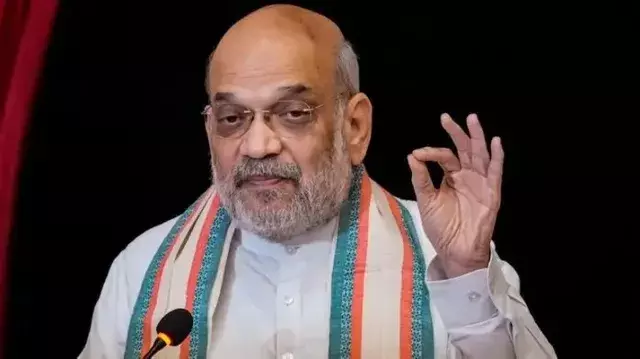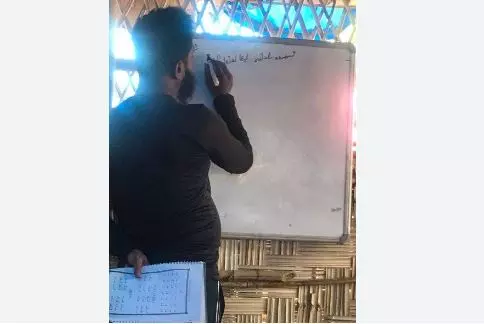
Rohingya refugees harness power of WhatsApp groups to revive language and identity
text_fieldsFaridabad: In a remarkable display of resilience, Rohingya refugees in Faridabad's Rohingya camp have embraced the power of WhatsApp groups to revive their language and cultural identity.
According to a report published in The Indian Express, Maulvi Mohammad Ismail, a Rohingya refugee and language enthusiast, leads a small school in the heart of the camp, serving as a beacon of hope for the displaced children.
The Rohingya language, historically an oral tradition, underwent a transformation with the development of the Rohingya Hanafi script by Mohammad Hanif in the 1980s. Ismail, having fled his home in Arakan, Myanmar, has taken it upon himself to teach the language and script to 35 children aged 6 to 13 residing in the camp.
In a testament to their determination, Ismail and the Rohingya community have utilized WhatsApp groups to facilitate language learning. Harnessing the power of technology, these groups have become virtual classrooms where Ismail imparts knowledge twice a day, at 8 am
Aware of the importance of preserving their cultural heritage and identity, Ismail teaches Arabic and Rohingya languages, while another teacher focuses on English, Hindi, and Mathematics.
The inclusion of the Hanifi Rohingya script in the Unicode Standard in 2019 has further empowered the Rohingya community to communicate digitally in their native language. WhatsApp groups have played a pivotal role in this regard, serving as platforms for language instruction and knowledge-sharing.
In response to this development, the Rohingya Zubaan Online Academy was established by Rohingyas in Saudi Arabia and Bangladesh. Through video lessons and online resources, the academy provides comprehensive language courses. Hafiz Abdullah, another Rohingya refugee, learned the Rohingya script through the WhatsApp group and now teaches it to approximately 150 children in three Rohingya camps in Mewat, Haryana.
Last year, the academy granted certificates to 1,000 Rohingya children from around the world, signifying their commitment to preserving their cultural heritage despite displacement and adversity.






















